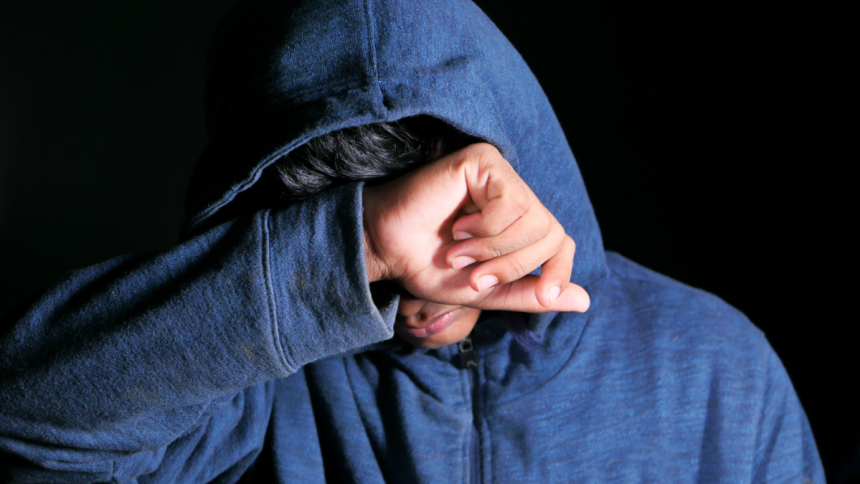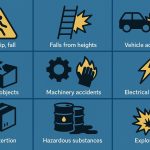The opioid crisis has impacted millions of lives across the globe. While much attention has been focused on the physical consequences of opioid use, the emotional and psychological side of addiction often goes unnoticed. One of the most common and dangerous mental health issues tied to opioid misuse is depression. Understanding the link between opioid addiction and depression is crucial to creating effective treatment plans and long-term recovery strategies.
If you or someone you care about is dealing with both depression and opioid addiction, it’s important to seek dual diagnosis treatment near you that can address both conditions at the same time. This article will explore how depression and opioid addiction are connected and why medication-assisted treatment for opioid use disorder can play a vital role in recovery.
Understanding Opioid Addiction
Opioids are powerful drugs used to treat pain. They include prescription medications like oxycodone, morphine, and fentanyl, as well as illegal substances like heroin. Opioids work by binding to specific receptors in the brain that control pain and emotion, often producing a temporary feeling of euphoria or relief.
Over time, the brain becomes dependent on these substances to feel “normal.” As tolerance builds, people often need higher doses to achieve the same effect. This cycle leads to physical and psychological addiction, making it extremely difficult to stop using without professional help.
What Is Depression?
Depression is a serious mental health condition that affects how a person thinks, feels, and functions. It’s more than just sadness; it involves persistent low mood, fatigue, loss of interest in activities, sleep issues, and sometimes suicidal thoughts. Depression can be caused by many factors, including genetics, stress, trauma, and chemical imbalances in the brain.
When depression and opioid addiction occur together, each condition can make the other worse, creating a destructive cycle that’s hard to break without proper treatment.
How Depression and Opioid Addiction Feed Each Other
People suffering from depression may turn to opioids as a way to self-medicate. The temporary relief opioids provide can seem like a solution to emotional pain. However, the effects are short-lived, and over time, opioids can actually make depression worse by altering brain chemistry and reducing the brain’s ability to produce natural feel-good chemicals.
On the flip side, individuals addicted to opioids often experience depression as a direct result of their substance use. Withdrawal symptoms, the loss of relationships, guilt, financial stress, and isolation all contribute to worsening mental health. This connection makes it clear why addressing both conditions is critical for lasting recovery.
Why Dual Diagnosis Treatment Matters
Traditional addiction treatment that only focuses on drug use may not be enough for someone battling both opioid addiction and depression. That’s where dual diagnosis treatment near me becomes essential.
Dual diagnosis is the existence of a mental health illness together with a substance use disease. In dual diagnosis treatment programs, both issues are treated at the same time. This approach is important because treating just one condition while ignoring the other increases the risk of relapse and ongoing emotional suffering.
Integrated care helps patients understand the root causes of their addiction, develop coping strategies for depression, and build a strong foundation for recovery.
The Role of Medication Assisted Treatment (MAT)
One of the most effective strategies for treating opioid addiction is medication assisted treatment for opioid use disorder. MAT uses FDA-approved medications like buprenorphine, methadone, or naltrexone to reduce cravings, prevent withdrawal symptoms, and help stabilize brain function.
When used in combination with therapy and counseling, MAT gives patients the ability to focus on healing their mental health. For those also suffering from depression, MAT creates space for therapy to work without the constant pull of opioid cravings.
Research shows that people who use MAT are more likely to stay in treatment, reduce illicit drug use, and improve their overall mental health.
The Importance of Therapy and Support
While medication plays a vital role in managing opioid addiction, therapy is equally important, especially for treating depression. Cognitive behavioral therapy (CBT), dialectical behavior therapy (DBT), and trauma-focused counseling can help patients understand the triggers that lead to substance use and develop healthier thought patterns.
In dual diagnosis treatment, therapists work with patients to address both emotional and physical aspects of addiction. Group therapy and peer support can also make a big difference, offering a safe space to share struggles and learn from others facing similar challenges.
Finding the Right Treatment
If you or someone you love is experiencing both depression and opioid addiction, it’s important to look for dual diagnosis treatment near you that offers a comprehensive and personalized approach. Treatment should include:
- Medical evaluation for both addiction and mental health
- Medication-assisted treatment for opioid use disorder
- Individual and group therapy
- Mental health support services
- Aftercare planning and relapse prevention
Finding a provider that understands the complexities of dual diagnosis can make all the difference in long-term recovery.
Final Thoughts
The connection between opioid addiction and depression is strong and complex. Each condition can make the other worse, creating a dangerous cycle that’s hard to break. That’s why it’s so important to treat both at the same time through a dual diagnosis treatment program.
Lynn Martelli is an editor at Readability. She received her MFA in Creative Writing from Antioch University and has worked as an editor for over 10 years. Lynn has edited a wide variety of books, including fiction, non-fiction, memoirs, and more. In her free time, Lynn enjoys reading, writing, and spending time with her family and friends.















